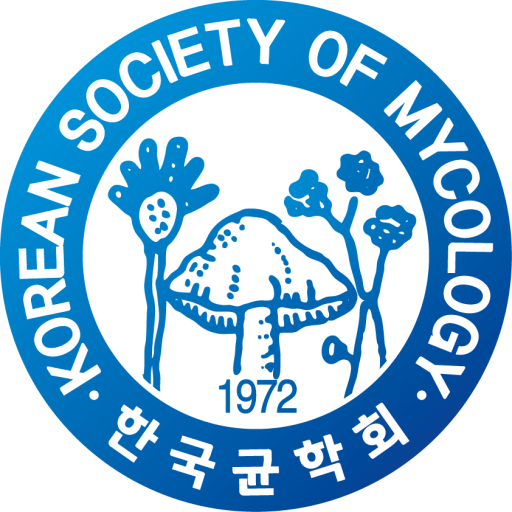Energy Trade-Off Via Ribosome Biogenesis Control Underlies Early Plant Penetration in Plant Pathogenic Fungi
Soobin Shin1 and Hokyoung Son1,2*
1Department of Agricultural Biotechnology, Seoul National University, Seoul, Republic of Korea
2Research Institute of Agriculture and Life Sciences, Seoul National University, Seoul, Republic of Korea
*Email: rice0702@snu.ac.kr
The regulation of ribosome biogenesis is critical for cell development and function. Although ribosome production is energetically costly, its dynamics during fungal pathogenesis remain poorly understood. In this study, we identified key transcriptional regulators and their roles in ribosome regulation during the early plant invasion process of the pathogenic fungus Fusarium graminearum. Chromatin immunoprecipitation followed by sequencing (ChIP-seq) revealed that C2H2 zinc finger transcription factor FgIec1 directly regulates the INO80 chromatin remodeling complex subunits FgIES4 and FgINO80. Integrated transcriptomic and proteomic analyses further demonstrated that ribosome biogenesis is actively downregulated during the penetration phase, likely as an energy-conserving strategy. As a compensatory trade-off, we found that carbon catabolic processes are activated during the early phase of penetration. Finally, we showed that the INO80 complex contributes to ribosome regulation, potentially through interactions with the target of rapamycin complex 1 (TORC1) pathway. Collectively, these findings provide new insights into the molecular mechanisms underlying fungal infection and highlight key regulators involved in pathogenicity.

 English
English